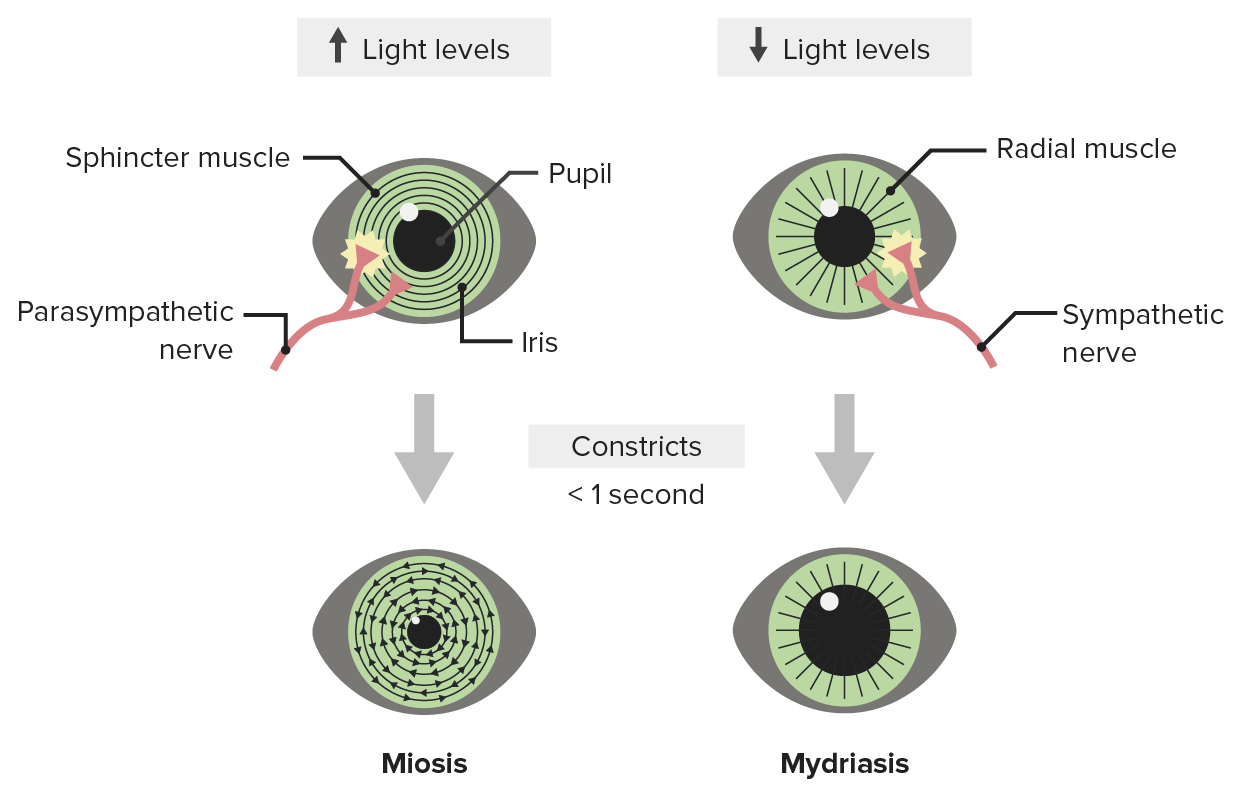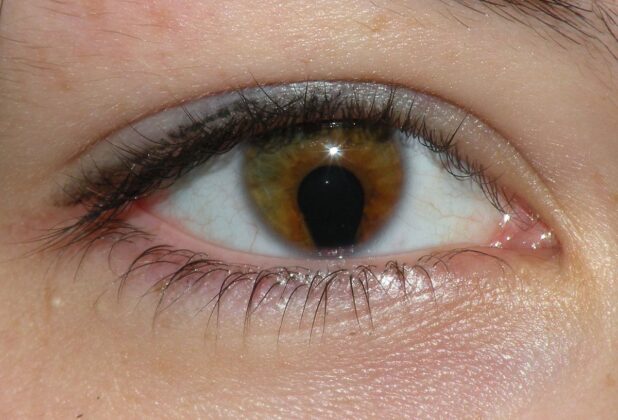
Severe infections might be treated with topical ointments or eye drops, and possibly also systemic antibiotics. For mild infections, it's not uncommon to focus on treating the symptoms by providing rest, keeping the eyes clear of discharge, and providing a healthy diet and plenty of hydration. Treatment: Typically, your vet will treat the underlying infection that's causing the eye discomfort.Other symptoms include redness and swelling, eye discharge, as well as sneezing and nasal discharge. Signs and symptoms: Rubbing and squinting are common signs that your cat might have an eye infection.Causes: Eye infections can be caused by a number of culprits, including bacteria, viral infections, fungi and parasites.


Whether or not eye infections are contagious depends on the underlying cause of the infection. They're often the result of an upper respiratory infection that spreads to the eyes. Other eye infections are common ailment in cats. If this is determined to be the cause, your veterinarian may prescribe further treatments to control this virus and prevent further flare-ups.Ĭonjunctivitis is not the only eye infection your cat can experience. One type of infection that often results in this eye disorder is FHV-1, or Feline Herpes Virus. If an upper respiratory illness is present, your vet may treat that as well.

It's allergy season, which has your own eyes burning and itching as well. Your kitty constantly winks at you, and you've noticed them rubbing their eyes.


 0 kommentar(er)
0 kommentar(er)
